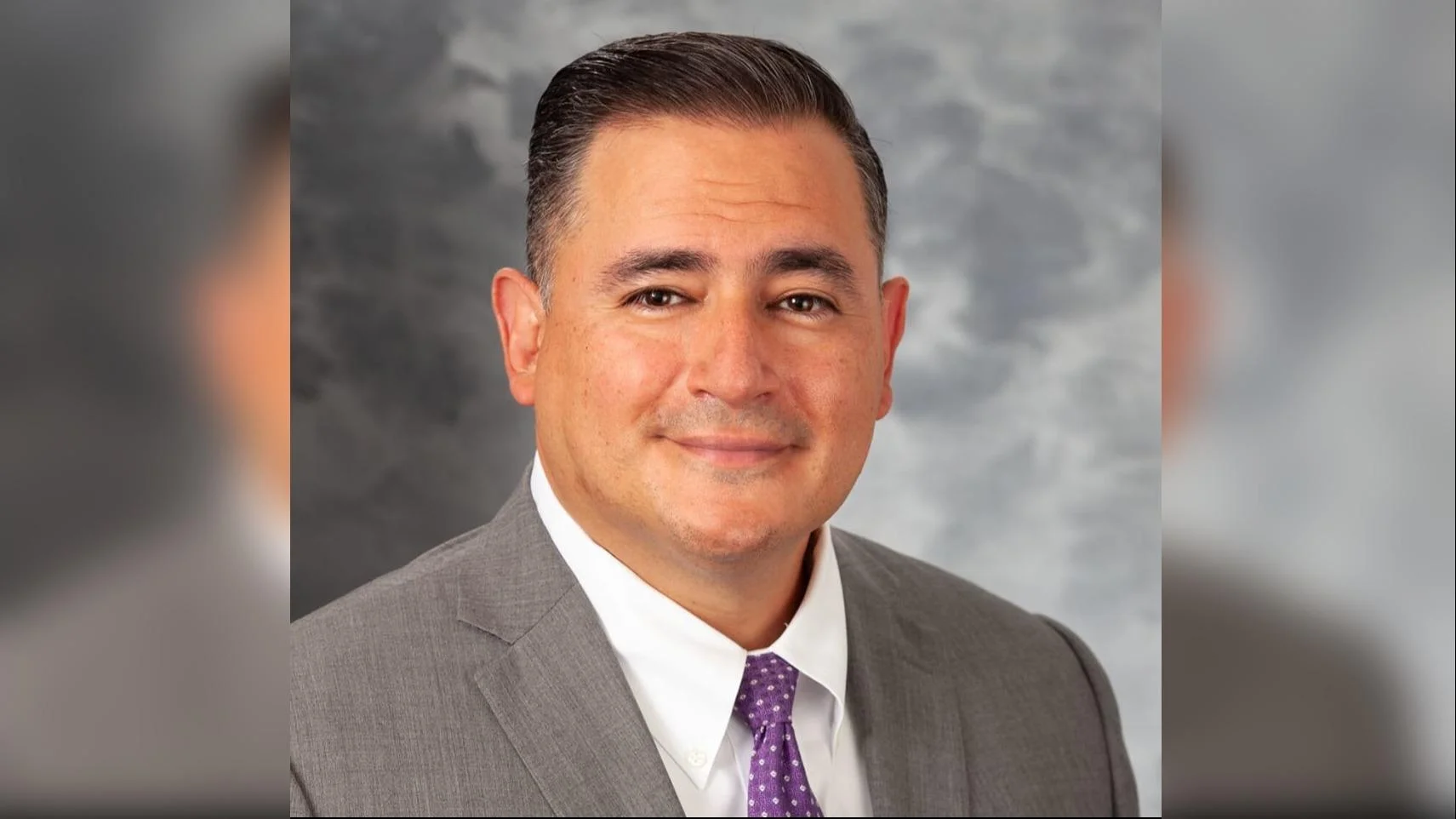Rudy Jackson Senior Vice President, Chief Nurse Executive | U. of Wisconsin Hospital and Clinics
Rudy Jackson Senior Vice President, Chief Nurse Executive | U. of Wisconsin Hospital and Clinics
Bladder incontinence, characterized by a loss of bladder control, affects many individuals, disrupting daily activities such as shopping or exercising. Dr. Christine Heisler, a urogynecologist and reconstructive pelvic surgeon at UW Health, emphasizes that those affected need not "suffer in silence." She explains that stress incontinence and overactive bladder are the primary types of this condition.
Stress incontinence involves leakage during physical exertion like coughing or lifting heavy objects due to weak pelvic floor muscles. Causes include excess weight, pregnancy, childbirth, and surgery. Overactive bladder presents as a sudden urge to urinate frequently, potentially linked to improper nerve-muscle interaction or factors like alcohol and caffeine consumption.
To manage these conditions, individuals are advised to avoid irritants such as spicy foods and caffeinated drinks while maintaining a healthy lifestyle through exercise and weight management. Techniques like Kegel exercises can strengthen pelvic muscles. Bladder training may help increase control by delaying urination.
Medical professionals can assist with various treatments ranging from fitting pessaries for support to prescribing medications that relax bladder muscles. Surgical options exist for persistent cases; for example, mesh slings can be placed under the urethra to prevent leakage during stress-inducing activities.
Other advanced treatments include Botox injections into the bladder muscle and neuromodulation techniques aimed at stimulating proper nerve function. For those experiencing incomplete emptying of the bladder, catheter use might be recommended.
Dr. Heisler concludes with reassurance: “Our goal is to restore your health and help you return to the life you enjoy.” UW Health offers expert care for those seeking assistance with managing incontinence.
For more information or to schedule an appointment, contact (608) 914-0800.






 Alerts Sign-up
Alerts Sign-up